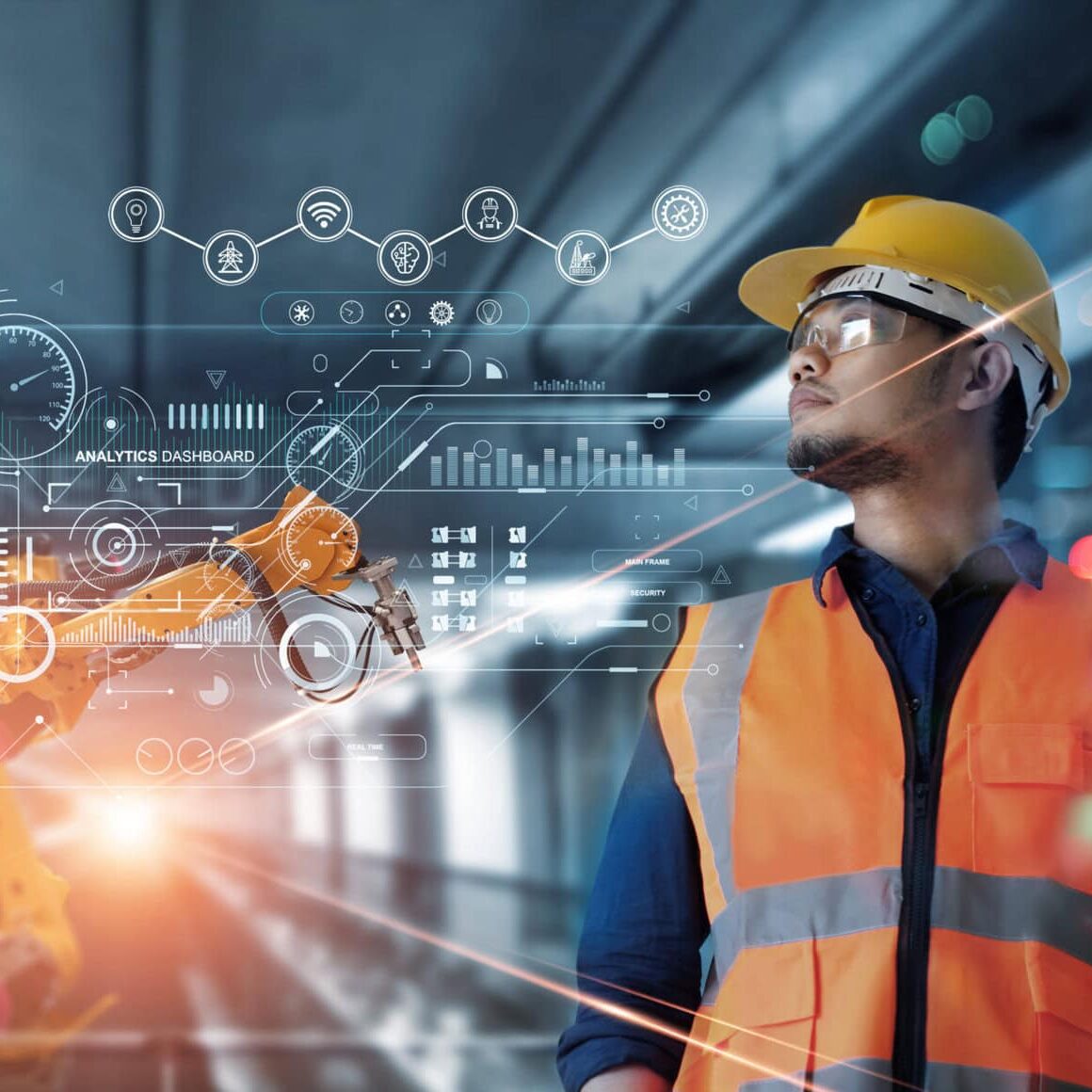Artificial intelligence (AI) has been receiving plenty of press coverage lately, some of it positive and some of it negative.
The truth is, like many technological innovations, AI is both rapidly evolving and far from infallible. It does, however, have the potential to transform many industries — including construction. That’s why forward-looking contractors should keep an eye on AI.
5 ways it can help
In the broadest sense, AI is simply software installed on computers or other machines to perform tasks that would typically require human intelligence. Here are five ways that this technology is likely to positively impact the construction industry, if it’s not already:
1. Improved worker safety. AI can improve safety in two ways. First, it can power machines, such as drones or robots, to complete dangerous tasks historically performed by people. Second, it can monitor jobsites — for example, using AI-powered cameras — and alert personnel of hazardous conditions, unsafe practices or unauthorized access.
2. Enhanced productivity and efficiency. Robotic process automation, a subset of AI, can automate tasks such as generating invoices, managing documents, processing vendors’ bills and responding to customer requests. Completing these tasks using AI-driven software reduces labor costs, prevents human errors and frees up people to do more valuable work.
3. More accurate estimates. One specific area of construction that holds particular promise is estimating. AI’s ability to quickly process large amounts of data — including measurements, cost of materials and labor requirements — can help construction companies prepare more accurate estimates in a fraction of the time. This can not only boost efficiency, but also prevent cost overruns and maximize profitability.
4. Better and more cost-effective project management. AI can help construction companies set up optimized work schedules and keep track of complex projects. It can also optimize allocation of labor and materials, as well as deliveries of equipment and materials.
5. More detailed and useful forecasts. AI-powered forecasting software allows construction businesses to better predict the impact of many of the factors that can delay or even completely derail a job. These include weather events, economic conditions and cash flow troubles. Having timely, accurate AI-delivered data enables prompt adjustments to bids, budgets, staffing levels and other mission-critical items.
The evolution continues
These are just a few of the ways AI may be able to help construction companies become more productive, efficient, safe and profitable — either now or in the near future.
However, as mentioned, the technology is still evolving, and it does carry risks. For instance, there have been concerns about how AI may negatively affect hiring and performance management. So, exercise caution and due diligence before investing in AI and adjusting your business processes to work with the various forms of this technology.
© 2024


